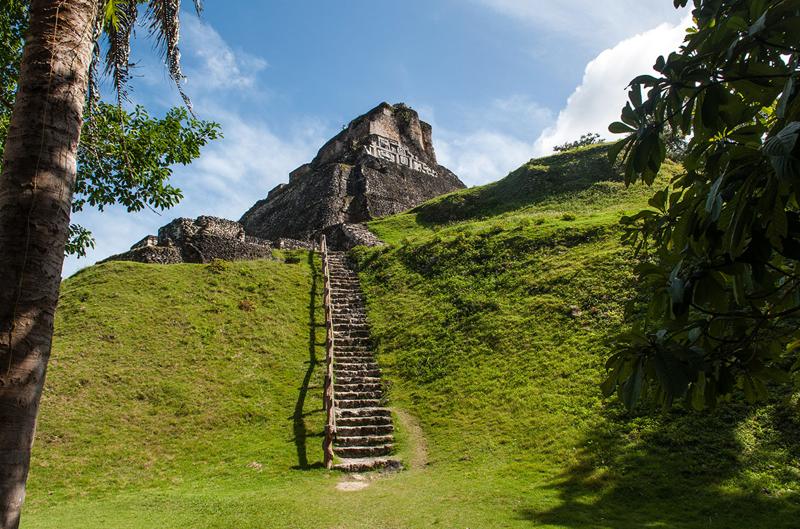Now Reading: Humans were once on verge of extinction, with less than 1,500 people left, reason will leave you shocked
-
01
Humans were once on verge of extinction, with less than 1,500 people left, reason will leave you shocked
Humans were once on verge of extinction, with less than 1,500 people left, reason will leave you shocked

Humans have inhabited all corners of the world today. But there was a period when humanity was almost wiped out from the face of the Earth. This was around 9 lakh years ago, when the global human population reached only 1,280 reproducing individuals, according to a new study. Read on to know more.
The study is based on a computer model developed by a group of scientists from the United States, China, and Italy.
Humans have inhabited all corners of the world today. But there was a period in time when humanity was almost wiped out from the face of the Earth. This was around 9 lakh years ago, when the global human population reached only 1,280 reproducing individuals, according to a new study. The study, published in the Science journal, is based on a computer model developed by a group of scientists from the United States, China, and Italy.
How was study conducted?
The study’s findings suggest that human ancestors in Africa were on the brink of extinction, much before the present species, Homo sapiens — also called modern humans — came into existence. For the study, researchers took genetic information from more than 3,100 present-day human genomes using a statistical method. The analysis revealed that 98.7 percent of human ancestors were lost. “This bottleneck is congruent with a substantial chronological gap in the available African and Eurasian fossil record,” the research noted.
What was the reason?
While the exact cause of the sharp population drop is not known, scientists say that Africa’s climate could be blamed for the decline. The continent witnessed extreme weather, becoming much cooler and drier during what’s known as the mid-Pleistocene transition. The glacial periods became longer and more intense, leading to a dip in temperatures and very dry climatic conditions, which made human survival increasingly challenging.
What do researchers say?
Senior research author Yi-Hsuan Pan said the study findings open a “new field in human evolution.”
“It evokes many questions, such as the places where these individuals lived, how they overcame the catastrophic climate changes, and whether natural selection during the bottleneck has accelerated the evolution of human brain,” said Yi-Hsuan Pan, an evolutionary and functional genomicist at the East China Normal University in Shanghai.






















